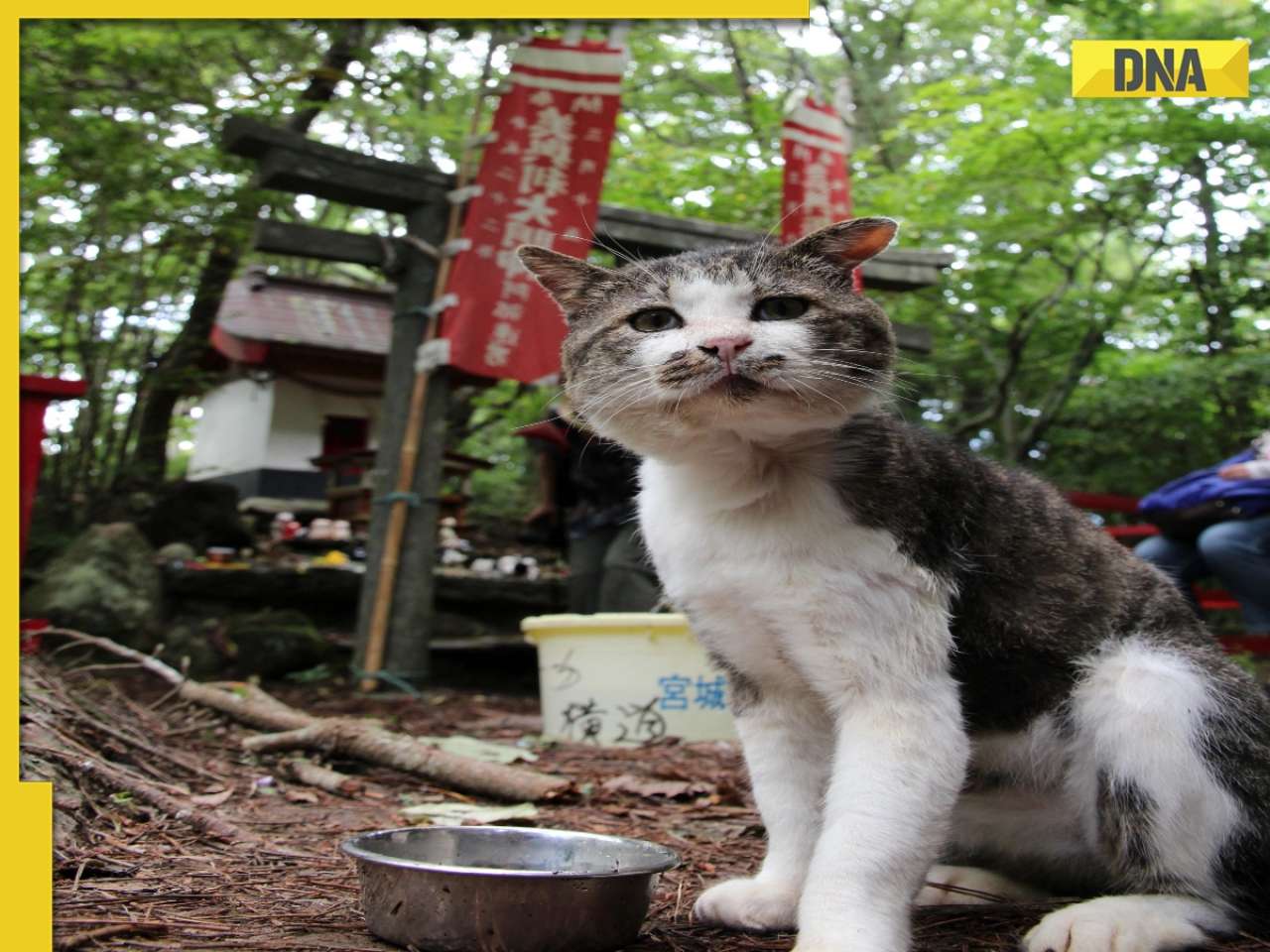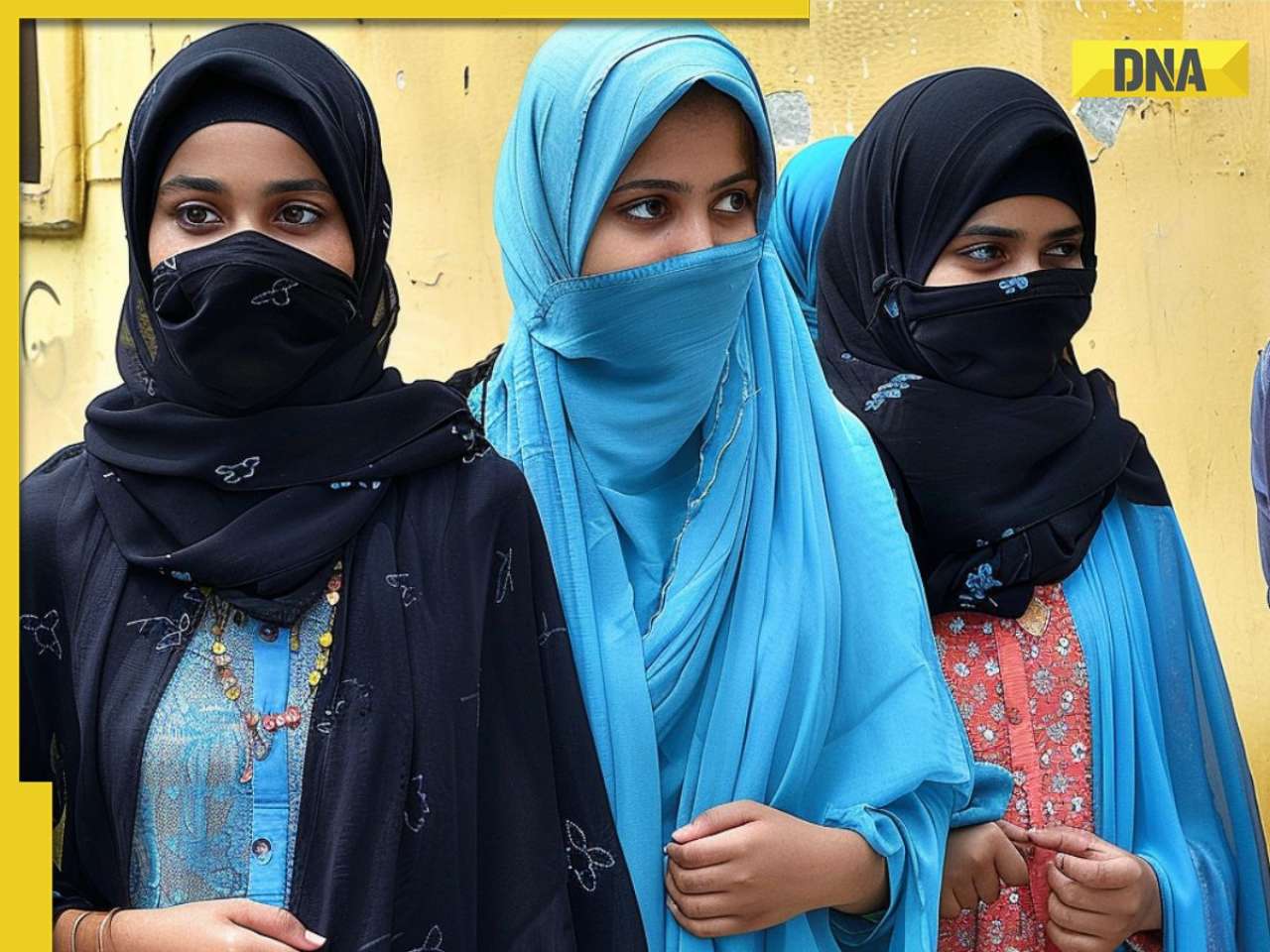Over four days, two tigers and two lions have died. Ten more tigers are sick, with symptoms of jaundice and gastroenteritis.
Why are so many animals dying at the Bannerghatta Biological Park? Two tigers and two lions died over the weekend. Ten other tigers are reported to be quite sick, showing symptoms of gastroenteritis and jaundice.
After four-year-old safari tigress Divya died on Sunday, an autopsy report revealed that she had been suffering from gastroenteritis and jaundice. Ten tigers in the rescue centre and the safari now show symptoms similar to the dead tigress, giving safari officials cause for much worry.
Among the afflicted are a white tiger, two old tigers, Arya and Surya, and the dead Divya’s mother Anu, and two siblings, Minchu and Inchara.
A team of six veterinarians from the Institute of Animal Health and Veterinarian Biologicals (IAHVB) visited BBP and collected blood and serum samples. The cause of death is suspected to be contaminated meat and water. Everyday, carnivores are fed around 500-600 kilograms of meat. The whole lot of meat cannot be checked thoroughly, an official said, adding that there might have been a carcass that was infected, which caused the animals that fed on it to fall ill.
On condition of anonymity, a BBP official confirmed that all the meat is not tested before being fed to the animals. Tests to be followed by the slaughter houses are specified in the tenders, he said, and only physical tests to see that the meat is not rotting can be done by workers. More rigorous analysis of the meat is rather more tedious and will only yield results days later, the official said, adding that water might have been contaminated too.
Assistant director, veterinarian services, BBP, BC Chittiappa, said that since January this year, five tigers and five lions have died. Divya was a safari tigress, and the other animals were housed at the rescue centre in the BBP. All the animals showing symptoms of gastroenteritis and jaundice are being administered antibiotics and precautionary medication.
Member-secretary of the zoo authority of Karnataka, MN Jaykumar, said that the infected animals have been isolated. They are showing signs of recovery, but need to be monitored for 48 hours, he said, adding that the lions have not, so far, shown signs of illness. Both the lions that died recently were old. He is not ruling out the possibility that the infection might be on account of rats.
Principal chief conservator of forests (wildlife), BK Singh, said that all precautionary measures were in place, and arrangements have been made for the proper treatment of the animals.
Meanwhile, on Monday, a sloth bear was hit by a safari vehicle. It is now being treated for an injury sustained in the shoulder. A leopard from the Bannerghatta National Park recently jumped across the wall into the herbivores’ safari area and killed a Neelgai.
![submenu-img]() DNA Verified: Did RSS chief Mohan Bhagwat praise Congress during Lok Sabha Elections 2024? Know the truth here
DNA Verified: Did RSS chief Mohan Bhagwat praise Congress during Lok Sabha Elections 2024? Know the truth here![submenu-img]() Hassan horror: Sex scandal Prajwal Revanna breaks silence, to appear before SIT on...
Hassan horror: Sex scandal Prajwal Revanna breaks silence, to appear before SIT on...![submenu-img]() Shakira likely to perform at Anant Ambani-Radhika Merchant’s 2nd pre-wedding bash; she will charge…
Shakira likely to perform at Anant Ambani-Radhika Merchant’s 2nd pre-wedding bash; she will charge…![submenu-img]() Divya Agarwal sparks divorce rumours with Apurva Padgaonkar three months after marriage, deletes...
Divya Agarwal sparks divorce rumours with Apurva Padgaonkar three months after marriage, deletes...![submenu-img]() Noida news: IRS officer arrested for allegedly killing woman whom he met on dating app
Noida news: IRS officer arrested for allegedly killing woman whom he met on dating app![submenu-img]() Meet man who was hired for record-breaking pay package, not from IIT or IIM, his salary is…
Meet man who was hired for record-breaking pay package, not from IIT or IIM, his salary is…![submenu-img]() IIT graduate got job with Rs 100 crore salary, fired within a year, replaced by woman with Rs 33 crore pay, she is...
IIT graduate got job with Rs 100 crore salary, fired within a year, replaced by woman with Rs 33 crore pay, she is...![submenu-img]() Meet youngest IAS officer of her batch, who cracked UPSC exam in first attempt, secured AIR...
Meet youngest IAS officer of her batch, who cracked UPSC exam in first attempt, secured AIR...![submenu-img]() Maharashtra SSC Result 2024: MSBSHSE Class 10 results to be out today; check time, direct link here
Maharashtra SSC Result 2024: MSBSHSE Class 10 results to be out today; check time, direct link here![submenu-img]() Meet IAS officer, son of grocery store owner, who left Rs 25 lakh job to crack UPSC exam in first attempt, secured AIR..
Meet IAS officer, son of grocery store owner, who left Rs 25 lakh job to crack UPSC exam in first attempt, secured AIR..![submenu-img]() DNA Verified: Did RSS chief Mohan Bhagwat praise Congress during Lok Sabha Elections 2024? Know the truth here
DNA Verified: Did RSS chief Mohan Bhagwat praise Congress during Lok Sabha Elections 2024? Know the truth here![submenu-img]() DNA Verified: Is CAA an anti-Muslim law? Centre terms news report as 'misleading'
DNA Verified: Is CAA an anti-Muslim law? Centre terms news report as 'misleading'![submenu-img]() DNA Verified: Lok Sabha Elections 2024 to be held on April 19? Know truth behind viral message
DNA Verified: Lok Sabha Elections 2024 to be held on April 19? Know truth behind viral message![submenu-img]() DNA Verified: Modi govt giving students free laptops under 'One Student One Laptop' scheme? Know truth here
DNA Verified: Modi govt giving students free laptops under 'One Student One Laptop' scheme? Know truth here![submenu-img]() DNA Verified: Shah Rukh Khan denies reports of his role in release of India's naval officers from Qatar
DNA Verified: Shah Rukh Khan denies reports of his role in release of India's naval officers from Qatar![submenu-img]() Avneet Kaur shines in navy blue gown with shimmery trail at Cannes 2024, fans say 'she is unstoppable now'
Avneet Kaur shines in navy blue gown with shimmery trail at Cannes 2024, fans say 'she is unstoppable now'![submenu-img]() Assamese actress Aimee Baruah wins hearts as she represents her culture in saree with 200-year-old motif at Cannes
Assamese actress Aimee Baruah wins hearts as she represents her culture in saree with 200-year-old motif at Cannes ![submenu-img]() Aditi Rao Hydari's monochrome gown at Cannes Film Festival divides social media: 'We love her but not the dress'
Aditi Rao Hydari's monochrome gown at Cannes Film Festival divides social media: 'We love her but not the dress'![submenu-img]() AI models play volley ball on beach in bikini
AI models play volley ball on beach in bikini![submenu-img]() AI models set goals for pool parties in sizzling bikinis this summer
AI models set goals for pool parties in sizzling bikinis this summer![submenu-img]() DNA Explainer: Why was Iranian president Ebrahim Raisi, killed in helicopter crash, regarded as ‘Butcher of Tehran’?
DNA Explainer: Why was Iranian president Ebrahim Raisi, killed in helicopter crash, regarded as ‘Butcher of Tehran’?![submenu-img]() DNA Explainer: Why did deceased Iranian President Ebrahim Raisi wear black turban?
DNA Explainer: Why did deceased Iranian President Ebrahim Raisi wear black turban?![submenu-img]() Iran President Ebrahim Raisi's death: Will it impact gold, oil prices and stock markets?
Iran President Ebrahim Raisi's death: Will it impact gold, oil prices and stock markets?![submenu-img]() Haryana Political Crisis: Will 3 independent MLAs support withdrawal impact the present Nayab Saini led-BJP government?
Haryana Political Crisis: Will 3 independent MLAs support withdrawal impact the present Nayab Saini led-BJP government?![submenu-img]() DNA Explainer: Why Harvey Weinstein's rape conviction was overturned, will beleaguered Hollywood mogul get out of jail?
DNA Explainer: Why Harvey Weinstein's rape conviction was overturned, will beleaguered Hollywood mogul get out of jail?![submenu-img]() Divya Agarwal sparks divorce rumours with Apurva Padgaonkar three months after marriage, deletes...
Divya Agarwal sparks divorce rumours with Apurva Padgaonkar three months after marriage, deletes...![submenu-img]() 'Felt bad for...': Amitabh Bachchan reacts to 'most touching' moment from IPL 2024 KKR vs SRH final
'Felt bad for...': Amitabh Bachchan reacts to 'most touching' moment from IPL 2024 KKR vs SRH final![submenu-img]() Karan V Grover talks about playing Suryapratap in Dhruv Tara, says he enjoys challenging roles | Exclusive
Karan V Grover talks about playing Suryapratap in Dhruv Tara, says he enjoys challenging roles | Exclusive![submenu-img]() Dhadak 2: Karan Johar announces sequel, reveals cast; film to release on...
Dhadak 2: Karan Johar announces sequel, reveals cast; film to release on...![submenu-img]() Munawar Faruqui gets married for second time? Viral inside photo from ceremony has fans puzzled
Munawar Faruqui gets married for second time? Viral inside photo from ceremony has fans puzzled![submenu-img]() Shakira likely to perform at Anant Ambani-Radhika Merchant’s 2nd pre-wedding bash; she will charge…
Shakira likely to perform at Anant Ambani-Radhika Merchant’s 2nd pre-wedding bash; she will charge…![submenu-img]() Mukesh Ambani hosting massive birthday party on cruise for Akash Ambani’s daughter, to be followed by Cannes...
Mukesh Ambani hosting massive birthday party on cruise for Akash Ambani’s daughter, to be followed by Cannes...![submenu-img]() This island has more cats than humans, it is located in...
This island has more cats than humans, it is located in...![submenu-img]() Rapper bets big on Shah Rukh Khan’s KKR, wins over Rs 35000000 after easy IPL 2024 final win
Rapper bets big on Shah Rukh Khan’s KKR, wins over Rs 35000000 after easy IPL 2024 final win![submenu-img]() Hijab, beard is banned in this country with 96% Muslim population
Hijab, beard is banned in this country with 96% Muslim population
























































)
)
)
)
)
)